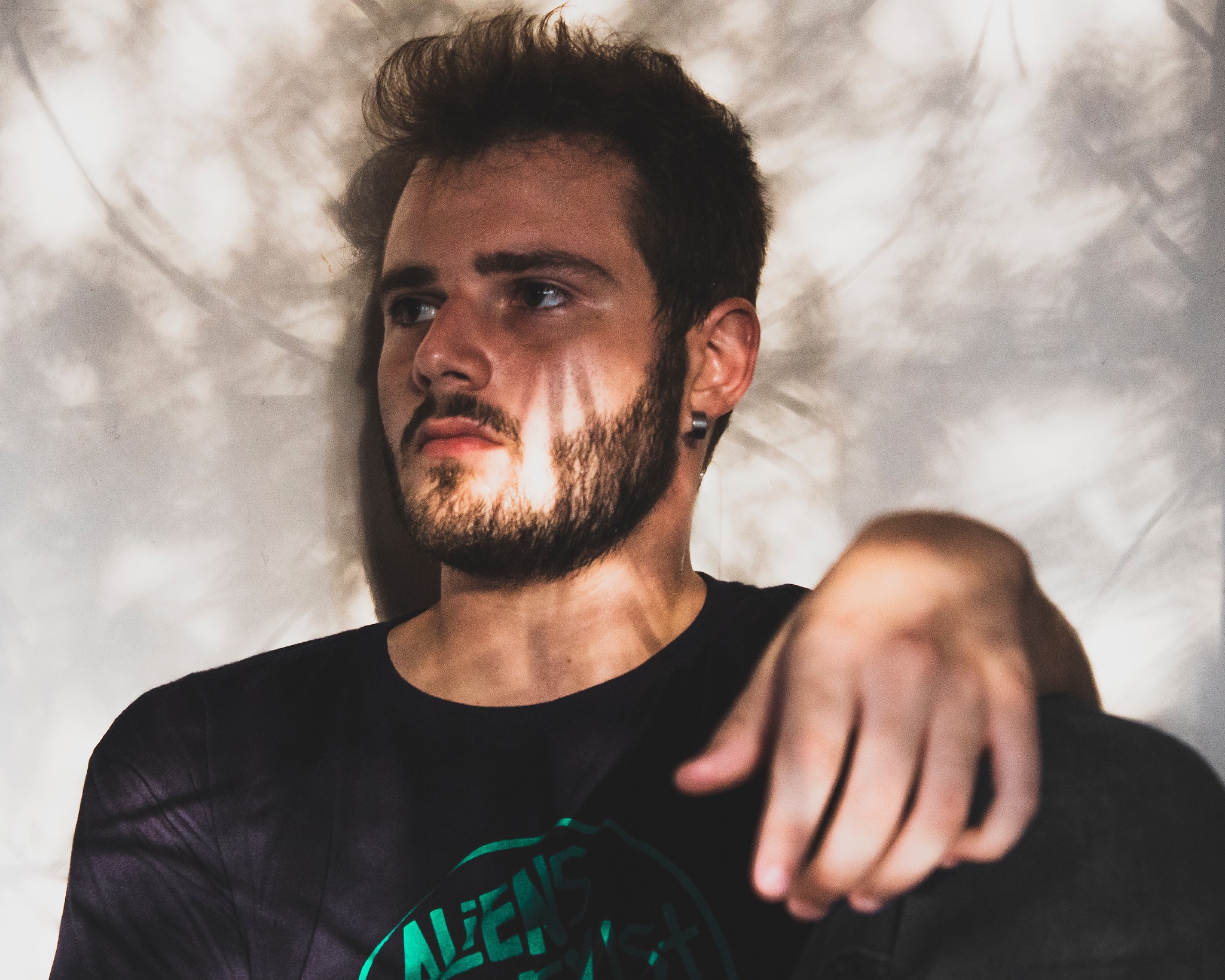Dysthymia—also called persistent depressive disorder, dysthymic disorder, or chronic depression—is a long-term form of depression. Individuals with dysthymia may lose interest in normal daily activities, have low self-esteem, and experience feelings of hopelessness. Persistent depressive disorder can last for years, making it difficult to maintain close relationships, perform at work or school, and carry out daily activities.
If you have a depressive disorder, you might find it hard to stay positive or hopeful—even on happy occasions. While dysthymia isn’t as severe as major depression, your depressed mood may range from mild or moderate to severe.
According to the National Institute of Mental Health (NIMH), dysthymia shares the same prevalence as major depression, with 6% of the population of the United States experiencing an episode of dysthymia at some point in their lives. Fortunately, depressive disorders are highly treatable, and a combination of talk therapy (psychotherapy) and medication can help you take control of your mental well-being and live a more fulfilling life.

What causes dysthymia?
While there’s no clear cause for dysthymia, professionals think that chronic depression may result from serotonin imbalances in the brain. Many factors are considered to contribute to depressive disorders, including environmental, psychological, biological, and genetic factors. Chronic stress and trauma are also linked to dysthymia and chronic major depressive disorder.
What are the symptoms of dysthymia?
The symptoms of dysthymia resemble the symptoms of major depressive disorder. However, unlike major depression, dysthymia symptoms typically come and go over a period of years, and the intensity of depression symptoms can change over time. With dysthymia, symptoms don’t often disappear for more than two months at a time.
According to the American Psychiatric Association, the symptoms of persistent depressive disorder include:
- Feelings of sadness, emptiness, hopelessness
- Fatigue or low energy
- Low self-esteem
- Irritability or excessive anger
- Poor concentration
- Avoidance of social activities
- Loss of interest in daily activities (anhedonia)
- Feelings of guilt over the past
- Sleep disturbances, such as insomnia or hypersomnia
- Eating problems, such as changes in appetite
Some individuals may also experience major depression episodes before or during dysthymic disorder, which is sometimes called double depression.
How is dysthymia diagnosed?
In many cases, depression often happens in conjunction with other medical conditions, such as heart disease or cancer. Sometimes, mood disorders may co-occur with other mental health conditions, such as anxiety disorders or substance abuse. Individuals with dysthymia may experience depression symptoms for such a long time that they grow accustomed to mild depression and do not seek professional help. However, early intervention is essential for a successful recovery.
A diagnosis of dysthymia can be made after a psychological and medical history. The diagnosis of dysthymia is based on the diagnostic criteria outlined in the fifth edition of the Diagnostic and Statistical Manual of Mental Disorders (DSM-5).

Find a Therapist for Dysthymia
Get personalized matchesWhat should you do if you’re experiencing dysthymia?
If you’re experiencing depression symptoms, it’s important to seek help as early as possible. The early onset of dysthymia can occur as early as childhood and adolescence, and early intervention is integral to living a happy, healthy life. The treatment of dysthymia typically involves a combination of the following:
- Psychotherapy: Cognitive-behavioral therapy (CBT), a type of psychotherapy, is effective in treating a wide range of mental health conditions, including personality disorders, anxiety disorders, bipolar disorder, and depressive personality disorder. With the help of a therapist, you can learn to identify negative thoughts and behaviors and replace them with more positive ones. Cognitive therapy can also help you learn healthier strategies to cope with feelings of hopelessness, sadness, and stress in daily life.
- Pharmacotherapy: Depending on the severity of your depression symptoms, your psychiatrist may recommend antidepressant medications to help treat your symptoms. Medications commonly prescribed to treat depressive disorders include selective serotonin reuptake inhibitors (SSRIs, such as sertraline and fluoxetine) and tricyclic antidepressants. Antidepressants may also help to treat co-occurring mental health conditions, such as panic disorder. Because antidepressants may have serious side effects, it’s important to work with your provider to determine the best pharmacotherapy treatment for you.
- Social support: Opening up to friends and family members can help recognize an episode of depression and support you throughout your treatment. Additionally, the National Alliance on Mental Illness offers a wide range of support group resources for individuals experiencing mental illness, as well as their friends and family members.
- Mindfulness techniques: Mindfulness and relaxation techniques can help you reduce stress and focus on the positives, according to a systematic review. Mindfulness may help replace the negative thinking linked to depression, helping you overcome negative thoughts and focus on the present.
- Lifestyle changes: In addition to therapy and medical treatment, eating a balanced diet, getting enough sleep, and exercising regularly can help lessen the symptoms of depression. If alcohol or other substances trigger an episode of major depression, take steps to reduce your consumption or eliminate them from your life completely.
Dysthymia typically lasts longer than five years, and long-term treatment may be needed. Recovery from dysthymia can take a long time, and the symptoms of dysthymia often return. One study found that 70% of dysthymia patients recovered within four years, while 50% experienced a relapse. Another study found an average relapse time of six years.
Because many individuals with chronic depression will experience a relapse, it’s important to continue treatment based on your therapist’s recommendations.
Finding the Right Therapist for Dysthymia
Especially if you’ve experienced dysthymia symptoms for years, you might believe they’ll always be part of your life. However, if you’re experiencing any depression symptoms, it’s essential to seek professional help. Working with an experienced therapist can help you overcome negative thinking and behavior patterns, improve personal relationships, and become a better version of yourself.
Psychotherapy might involve only the individual experiencing dysthymia, but it can also include others. For example, family or couples therapy can individuals navigate issues within these close relationships and improve communication. Group therapy can help bring individuals with different types of depression together in a safe, supportive environment, and can help individuals learn healthy ways to cope in stressful situations.
To start feeling better, reach out to a therapist through WithTherapy. We’ll connect you to a licensed therapist you feel comfortable with, regardless of your personal preferences and requirements. One of the compassionate, understanding therapists on the WithTherapy platform will help you navigate your mental well-being, cope with dysthymia symptoms, and live a happier, healthier life.
Find a Therapist for Dysthymia




